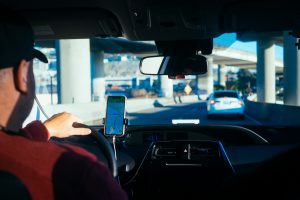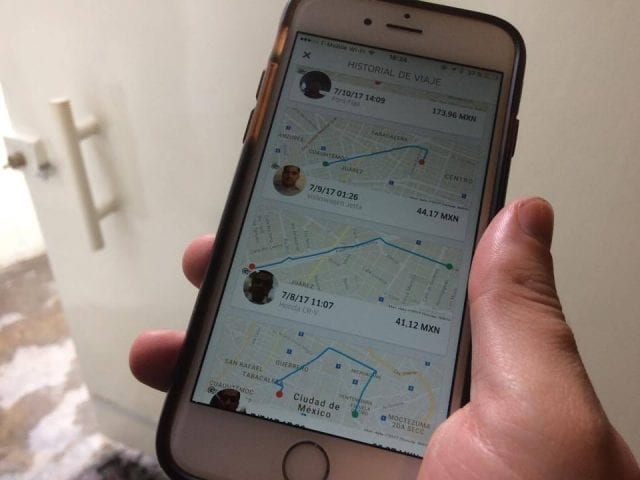The lawsuit challenged Proposition 22, a controversial referendum which allows rideshare companies to refuse to give more benefits to over-the-road contractors.
The California Supreme Court has dismissed a lawsuit seeking to overturn the results of a popular referendum which allowed rideshare and delivery drivers to remain independent contractors.
The justices, says The Associated Press, declined to hear the case, which had been filed by rideshare workers in conjunction with several unions.
As LegalReader.com noted before, California’s Proposition 22 passed in November. It shielded companies like Lyft, Uber, and Instacart from a state labor law that would have required app-based services to treat their workers like regular employees.
Companies such as Uber had been repeatedly accused of skirting state laws which make tighten the criteria for businesses seeking to classify certain workers as independent contractors.
However, rideshare companies and their allies argued that their primary business is technology—and that their contracted, over-the-road drivers are not their primary source of profit. Uber also claimed that most of its drivers enjoy the freedom afforded by contractor-type arrangements, wherein they are able to choose their hours and work as much or as little as they’d like.
The A.P. observes that some drivers celebrated the lawsuit’s defeat.

“We’re thankful, but not surprised, that the California Supreme Court has rejected this meritless lawsuit,” said Uber driver Jim Pyatt, a Modesto-based retiree. “We’re hopeful this will send a strong signal to special interests to stop trying to undermine the will of voters.”
However, the lawsuit’s advocates have said they will not be deterred by defeat.
“Make no mistake,” said plaintiff Hector Castellanos. “we are not deterred in our fight to win a livable wage and basic rights. We will consider every option available to protect California workers from attempts by companies like Uber and Lyft to subvert our democracy and attack our rights in order to improve their bottom lines.”
According to The Associated Press, Uber, Lyft, and other app-based companies invested vast resources into Proposition 22 advocacy. They collectively spent over $200 million on pro-proposition advertisements. In some cases, the companies were accused of forcing passengers and drivers to endure political messaging every time they opened the relevant smart phone application—Uber, for instance, put intrusive messages in its app which claimed a failure to approve Proposition 22 would result in scarce, expensive service.
The campaign arose out of the passage of California Assembly Bill 5, which would have provided rideshare drivers with labor protections such as a minimum wage, overtime pay, health insurance and expense reimbursement.
While AB5 would have allowed drivers to retain their independent contractor status, it would have required Uber, Lyft, and other companies to offer enhanced benefits for anyone working more than 25 hours per week on their respective platforms.
Sources
California court rejects lawsuit challenging ride-share vote


Join the conversation!